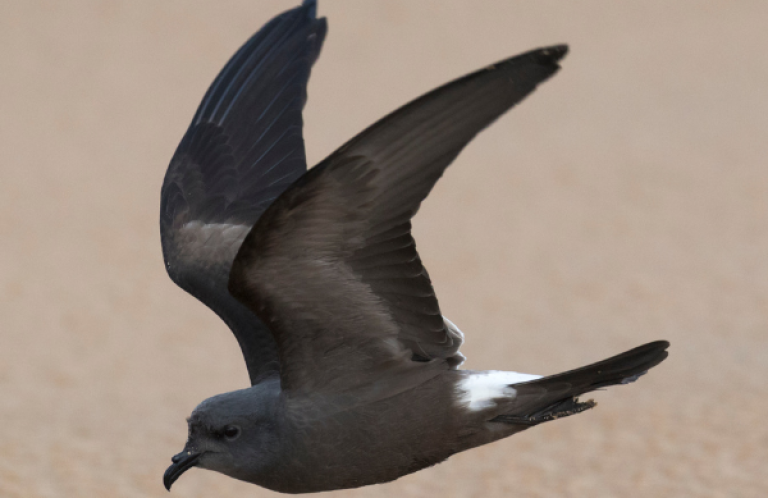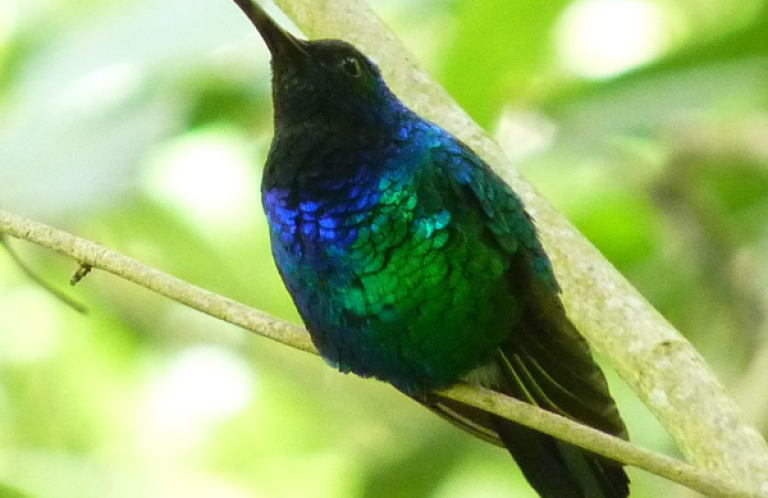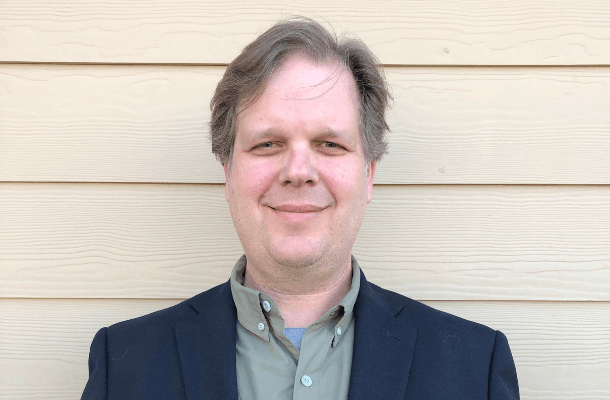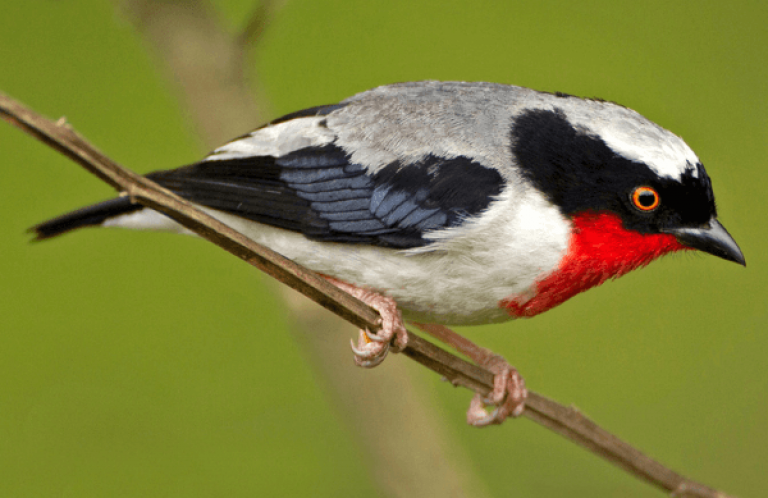“The Global Wildlife Crisis Has Arrived in Our Backyards”
Media Contact: Jordan Rutter, ABC Director of Public Relations, 202-888-7472 | jerutter@abcbirds.org

A new, landmark bird study chronicles startling declines in even common backyard birds, such as the Dark-eyed Junco. Photo by Michael Stubblefield
(Washington, D.C., September 20, 2019) “The global wildlife crisis has arrived in our backyards,” said Michael J. Parr, President of American Bird Conservancy and co-author of a new study published in Science. The paper reveals that the U.S. and Canada have lost nearly 3 billion breeding birds in less than the span of a single human lifetime. Common birds familiar to backyard bird enthusiasts — such as the Dark-eyed Junco and White-throated Sparrow — are among the fast-declining species, the paper shows.
“This is the clearest evidence yet that we are gradually and inexorably altering Earth's ecosystems and their ability to support life,” Parr said.
“Biologists and birders alike have seen birds like the Northern Bobwhite and Common Nighthawk vanishing from the landscape over the past few decades, but it has been harder to notice the more gradual declines of common birds like the Blue Jay,” Parr observed. “The extent of the population decline in birds is far greater than anyone had previously realized.”
Although the Science study did not investigate causes, scientists agree that multiple interacting causes are likely behind bird population declines, and that habitat loss and degradation is the biggest overall driver. Other major threats to birds include invasive species, such as free-roaming cats; collisions with glass and other structures; and pesticide poisoning. Climate change threatens to exacerbate threats from habitat loss and invasive species, as well as creating new challenges that birds must overcome.
“The fact that the U.S. administration is trying to weaken and even remove bird protections right now is dreadful. We need more bird conservation, not less — that's clear from the science,” said Parr. “We also need leaders who are willing to think in more than four- or eight-year cycles. The natural world operates on a different clock. If you roll back bird protections now, the effects of these decisions are still going to be felt in a hundred years.”
“I hope everyone who cares about birds will send a letter to their elected officials, making it clear that bird conservation is a top priority,” said Parr. See ABC's action alert and take action.
Reversing bird population declines will require concerted action by individuals, governments, and the private sector. “We can begin with this action plan for North America's birds,” said Parr. “Among other priorities, we've got to manage our public lands better for nature, restore laws that protect birds, and massively increase support for habitat conservation outside the U.S. to protect tropical forests where many of our birds winter.”
American Bird Conservancy is mobilizing a response equal to the challenge — our 50/50/5 plan. This initiative will make a transformational difference for birds and, at the same time, protect millions of additional species of plants and animals, making a huge contribution to solving our planet's biodiversity and climate crises.
In addition, every individual can take actions that will help reverse bird declines. “We need everyone to lend a hand by safeguarding birds through everyday actions, too,” Parr suggested. “That includes keeping cats indoors, using decals on windows to prevent collisions, and creating wildlife habitat around homes. I implore everyone who cares about birds to take action now, at this crossroads for birds and for all nature.”
###
American Bird Conservancy is a nonprofit organization dedicated to conserving birds and their habitats throughout the Americas. With an emphasis on achieving results and working in partnership, we take on the greatest problems facing birds today, innovating and building on rapid advancements in science to halt extinctions, protect habitats, eliminate threats, and build capacity for bird conservation. Find us on abcbirds.org, Facebook, Instagram, and Twitter (@ABCbirds).


















































